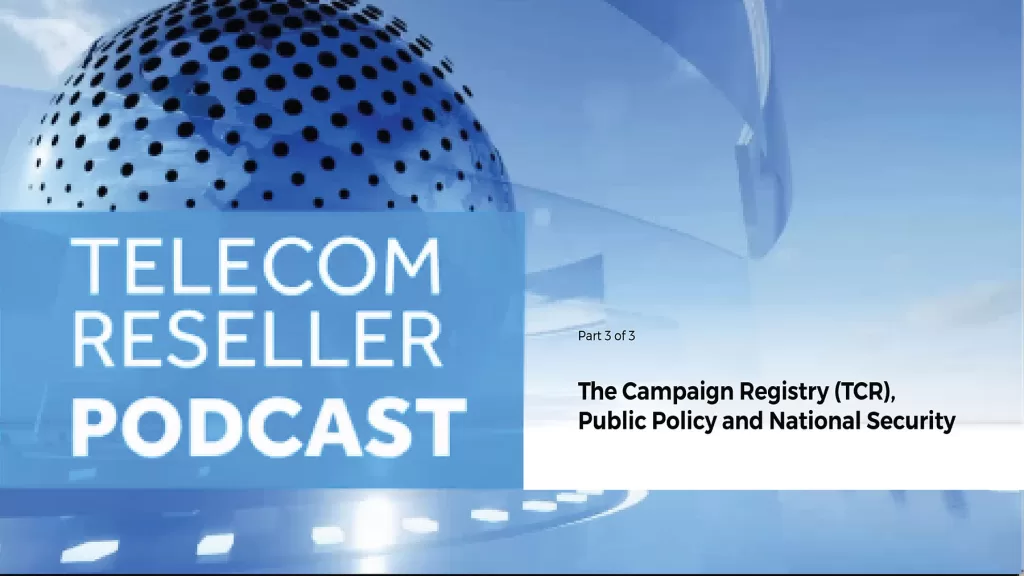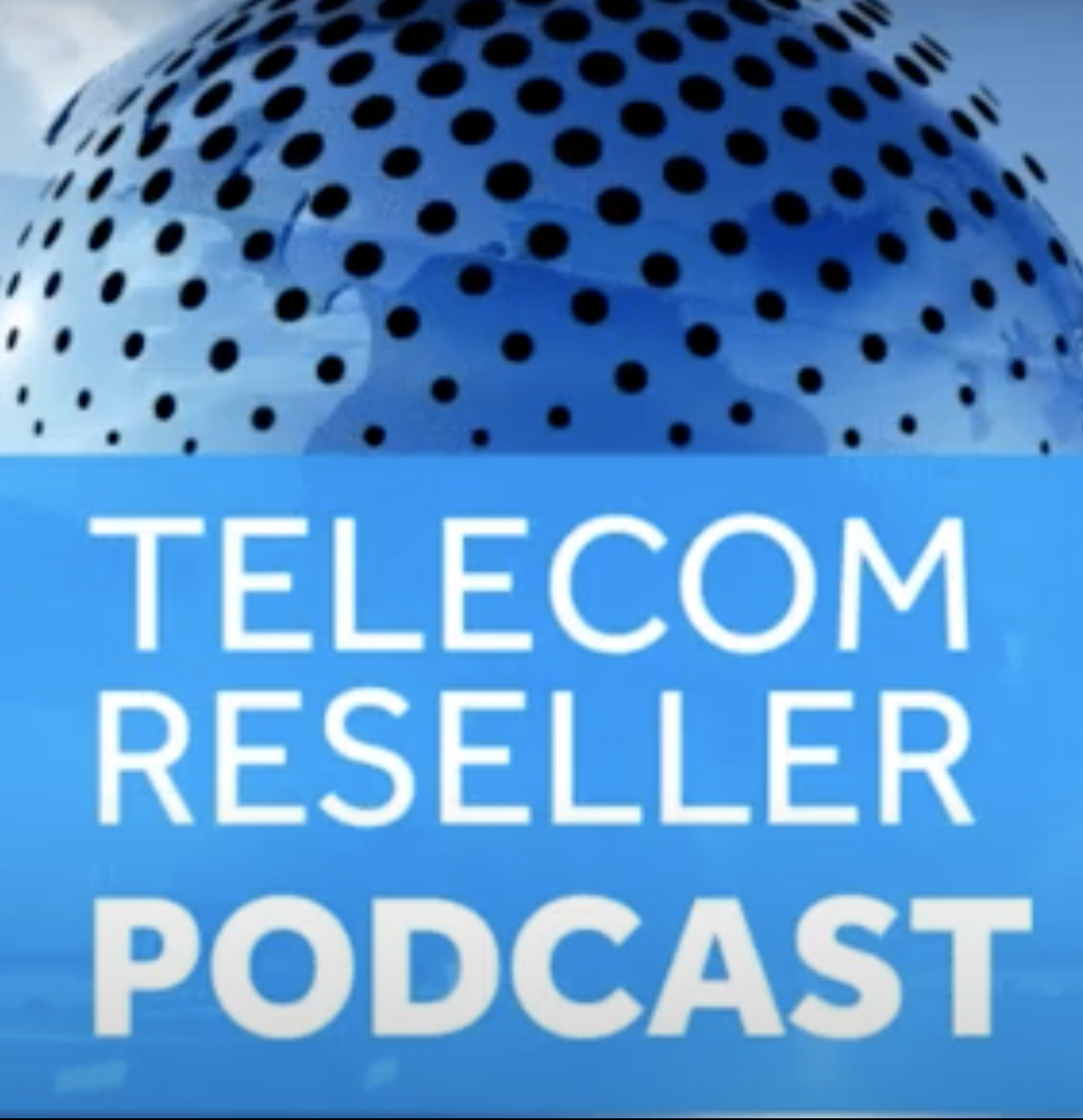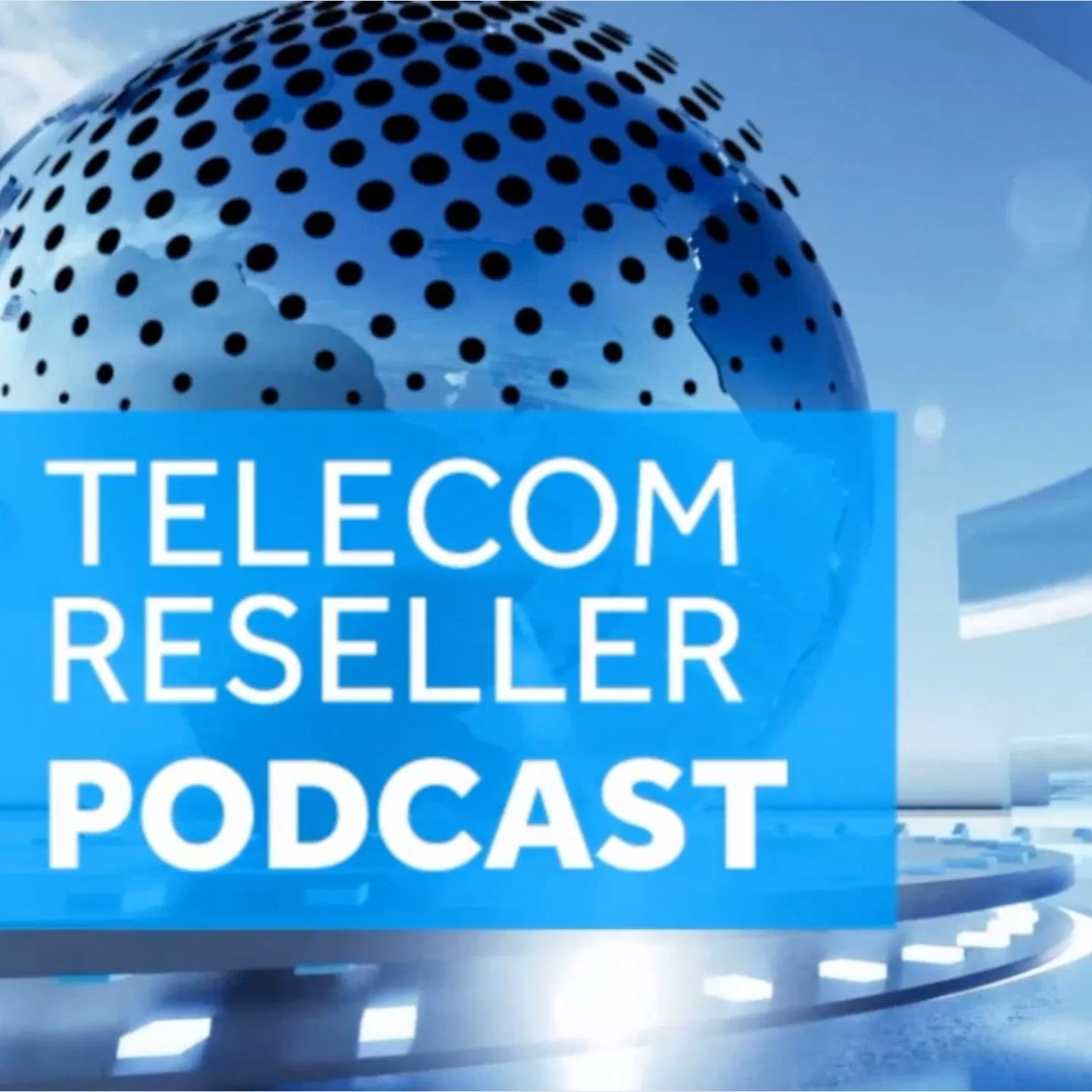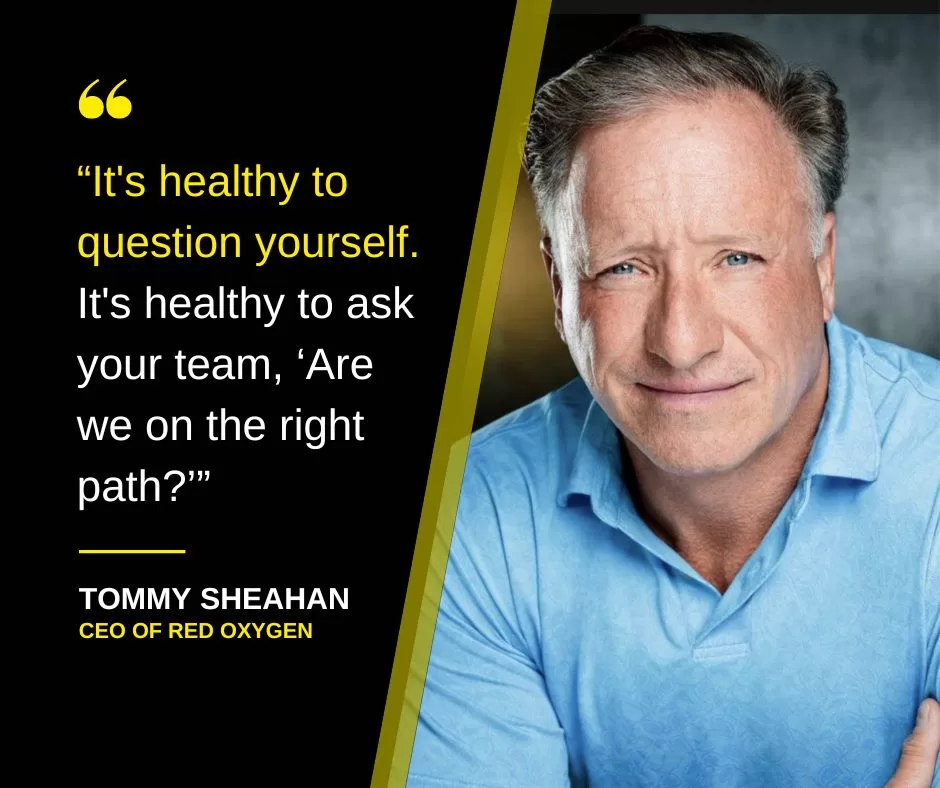
Part 3 is available—Doug Green from Telecom Reseller in conjunction with Cloud Communications Alliance interview Tom Sheahan in part 3 of a 3-part podcast series.
Tom discusses who’s running TCR, why it’s a matter of national security and who seems like the better agency for managing our carrier’s service.
Say what you want, when you want to, but don’t hide behind a digital mask, SMS senders should be accountable for what they say.
Looking for real-time answers? Go to redoxygen.com/contact-us/ or hop on chat, a human (yes, a live one) will be there to assist you.
Podcast Transcript:
Doug Green:
This is Doug Green and I’m the publisher of Technology Reseller News. And I’m back with Tommy Sheahan, who’s the CEO and founder of Red Oxygen.
Tommy, thank you for joining us.
Tom Sheahan:
Thanks for having me.
Doug:
So we’re now on the third and final part of our three-part series on texting and regulation, what everyone needs to know now.
And this part we’re gonna be talking about the public facing portion of this issue. Specifically how this can even be, have become a national security risk, how it’s becoming a, a problem for different businesses and maybe how we can convince policy makers and others to maybe change policy and also programming.
So, Tommy, before we join in, uh, before we get into that, what is Red Oxygen?
Tom:
Uh, we are the world’s first application to person messaging.
We provide billing, compliance and delivery of text messages from our off the shelf components for Outlook, Gmail, Excel, or integrating to your ISV, um, platform and provide the same billing, compliance and delivery for you.
Doug:
So break this down for me, Tommy. How did something like texting and SMS become maybe even a national security risk? How do we get there?
Tom:
Well, In the United States, we have set up The campaign Registry, which is owned, it was started by the carriers. It was owned by Kaleyra, which was owned by the Italians.
They just recently sold it to Tata, which is basically controlling the flow of text messaging.
So in this vetting process, so anybody sending an application to person messaging, you have to be vetted, you’re approved, and you have to pay monthly campaign fees and per message fees.
Unfortunately, this is not FCC, this is The Campaign Registry, which is owned by Tata. So do we want a foreign entity controlling the data flow of our most ubiquitous communications channel?
Doug:
I have a feeling the answer is no.
Tom:
Yeah, I mean we really need to lobby to get the FCC to step up. One is we’ve got very inconsistent policy. We have T-Mobile charging $50 for registration. They also wanna charge you $250. (If) you don’t use their network. The other carriers don’t. There’s no consistency among the carriers. The carriers also have different threshold limit per day per text. And what they allow, what they don’t allow, we need some better consistency. The intent of The Campaign Registry is good. I’m not saying it’s bad. We need to stop spam. We need to be held accountable for the person sending the message and the platform delivering the message. So I’m all for that, but we need some consistency and we need to make sure that the person doing this regulation is in our best interest. And I think the FCC is our best opportunity to do that.
Doug:
So what is to be done? What, what in your opinion can be done by, you know, our listeners who are enterprises, MSPs, carriers, what can everybody do?
Tom:
Well in the meantime, we’re happy to help you deliver and make sure you’re compliant and make sure you’re bill properly for your text message. You just call Red Oxygen. But another thing is you might wanna reach out to your local representatives. We need to build momentum, bipartisan momentum around this one is awareness that this is happening in the private sector and this will give them credence.
So the two senators I’ve spoken with was Senator Klobuchar and Senator Masto from Nevada. They were both, we’re unaware that this was happening. ’cause you know, we go into, we need to make sure people are held accountable for what they sell to the public. And whether it’s on a social media platform or text messaging, the platform needs to be held accountable. Who has the cash as well as the author and the originator of this.
The few meetings that I’ve had, most were unaware, but were enlightened the fact that we do have this, this is happening in the private sector.
Doug:
So that’s a good thing, right?
Tom:
But we need to get the FCC involved. So contact your, your local representative, state senate. And also another problem is you’re seeing some legislation pop up at the local level. We really need this to be a federal decision. We don’t want compliance issues different for Florida versus Oregon.
We want a national policy from the FCC.
Doug:
And that really isn’t practical anyways, the way mobility works itself, underlines, belie the issue of, I mean, I don’t know how you would do it state by state.
Tom:
Well, it’s happening. It’s happening. And the carriers are all different. We really need federal regulation. And uh, and there’s, there’s there. And, and, and one of the problems we’re gonna run up against is a lot of these politicians are raising money via text messaging. So they kind of want to keep it the wild west because they make more money off of it. So, you know, it’s a conflict of interest. Um, so the only way we do this is really through grassroots.
Doug:
Are there resources on the red Oxygen website where people can go to learn more?
Tom:
Sure. We’ve got a whole section on the campaign registry or 10-digit long code. This doesn’t apply to short codes, 10-digit long code. Uh, there’s a lot of resources on our blog and we’re happy to send out what we’re working on. Um, and yeah, please log on to redoxygen.com.
Doug:
So Tommy, as we wrap up and thank you for joining us with this three part series, making people aware, can they also engage you personally?
Tom:
Sure. Uh, I’m happy to speak at conferences. I’m happy to educate your board. Whatever you need to be done, we can do this together.
Um, and this is important. If we’re gonna save the Western world, we have to clean up, um, the town square and remove the hoods and cloaks. If you’re going to say something, I’m not gonna tell you what you can and can’t say, but I want you to be held accountable for what you’re saying as well as the platform that’s delivering it.
So you can reach me at tom@redoxygen.com or go to redoxygen.com and fill out a form.
Doug:
Well, Tommy, again, I want to thank you for joining me on this three part series. I sure hope we get to see you at some events coming up, but for now, thank you very much indeed and let’s talk again soon.
Tom:
Thanks, Doug.


























